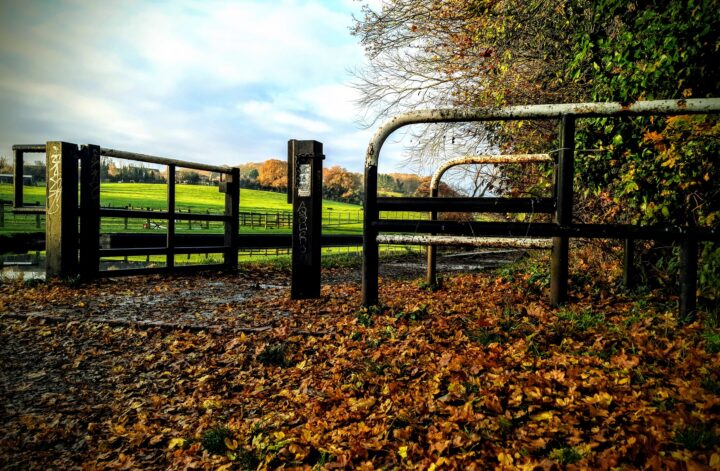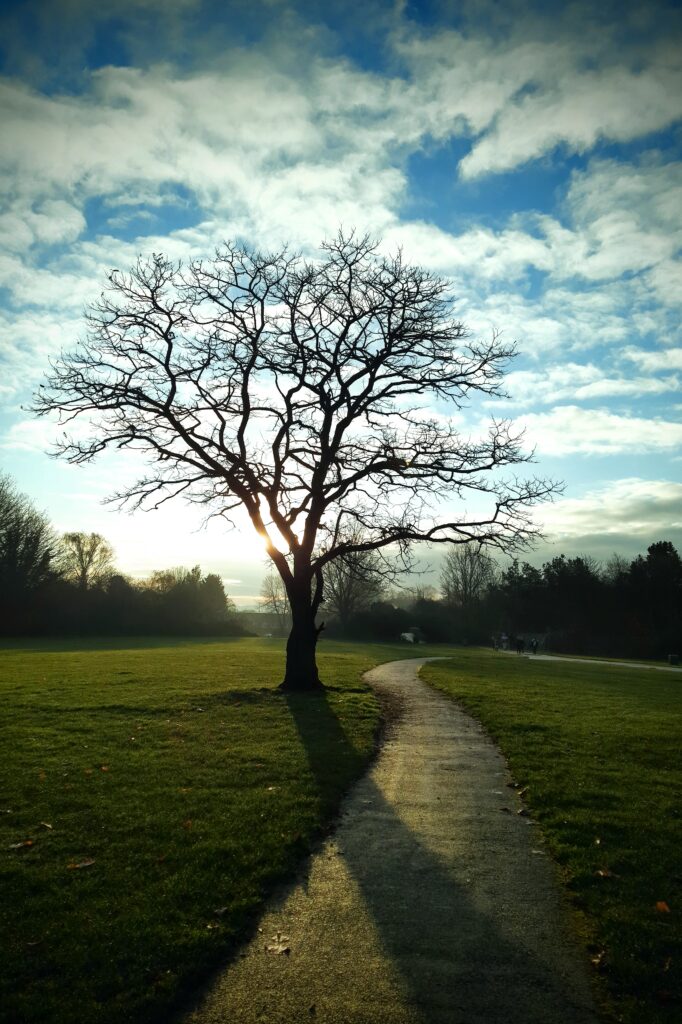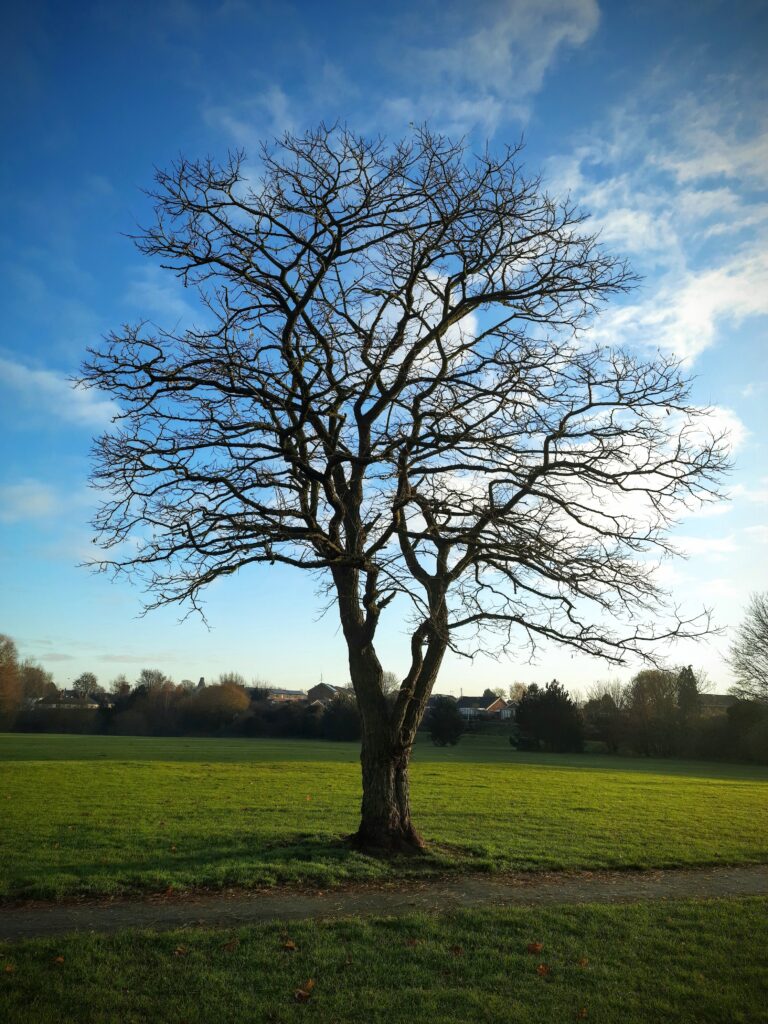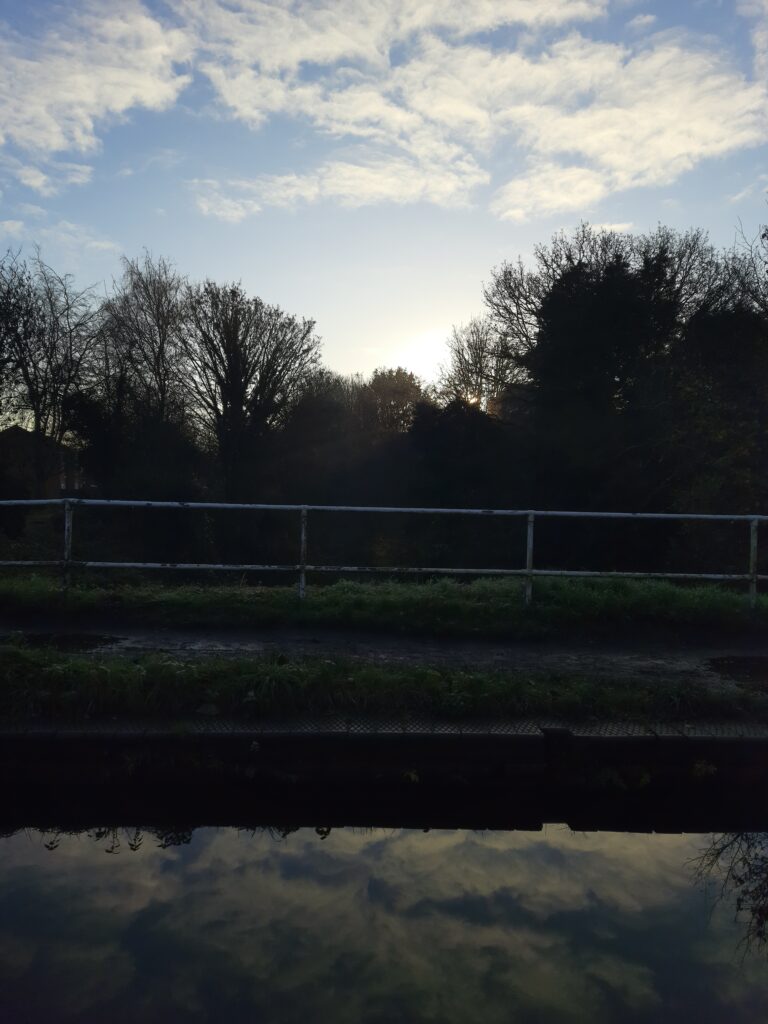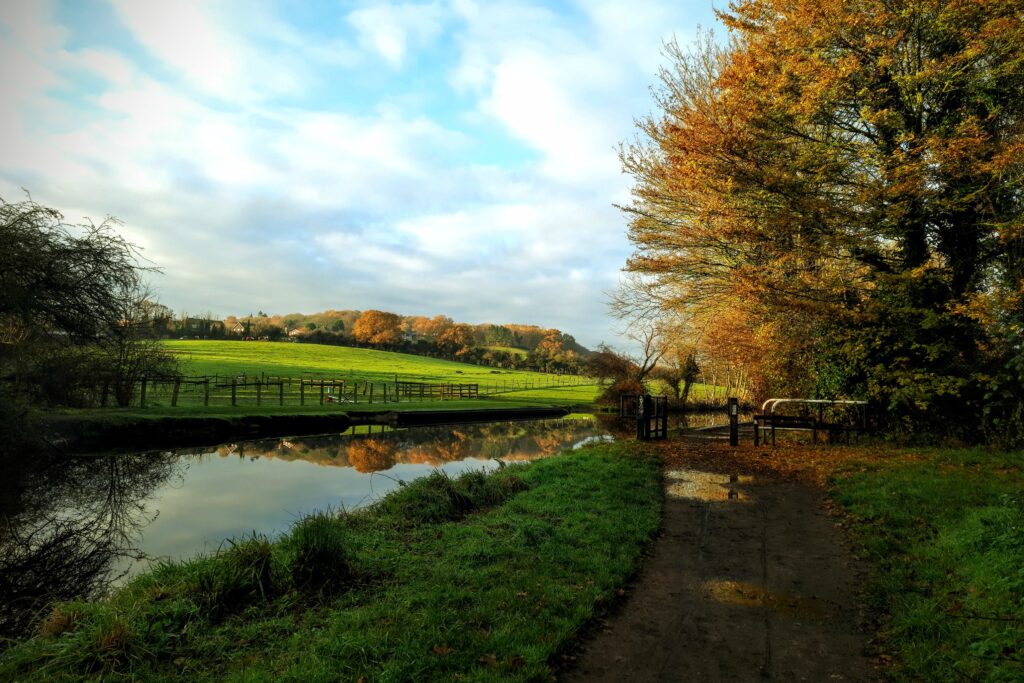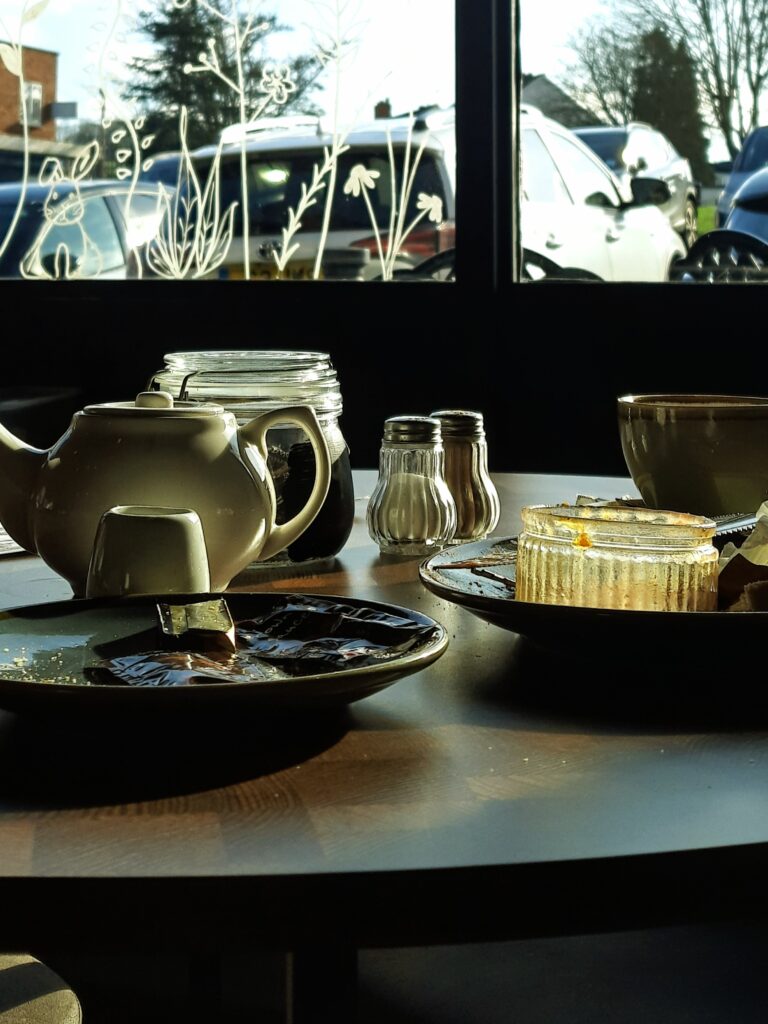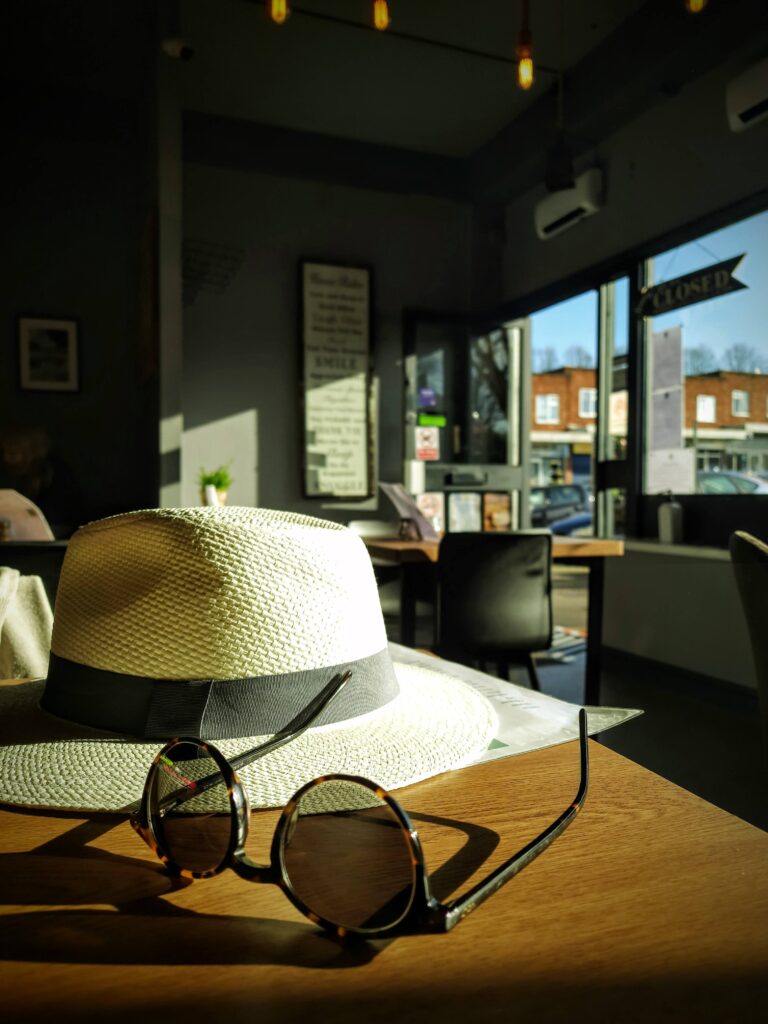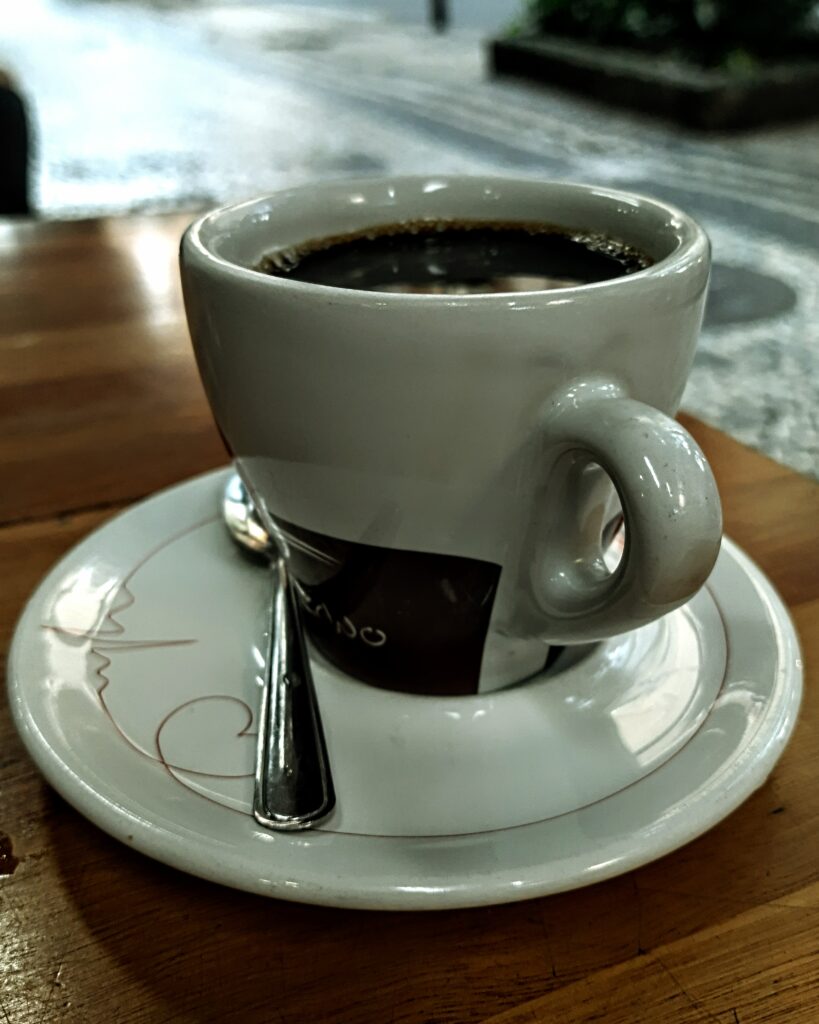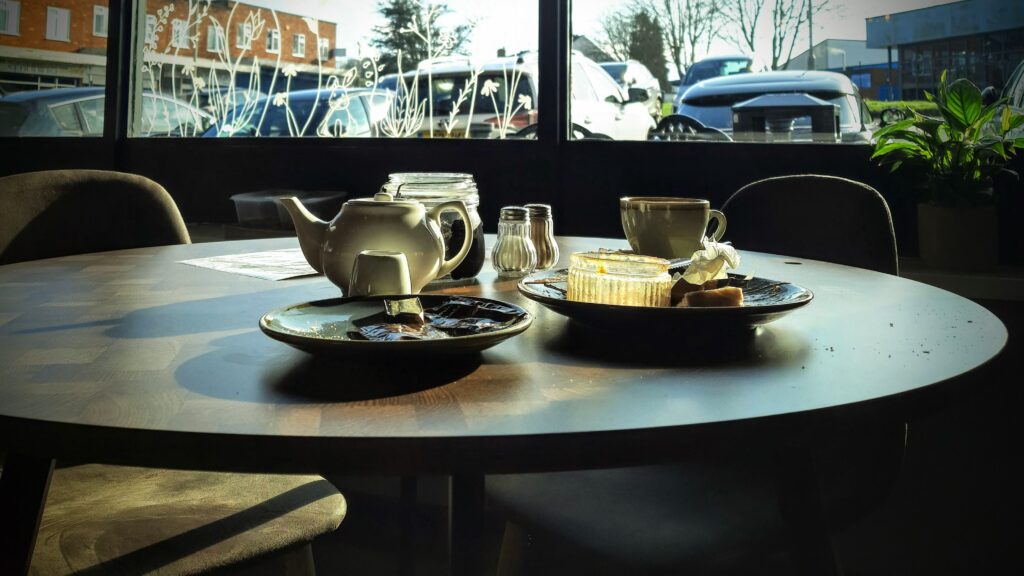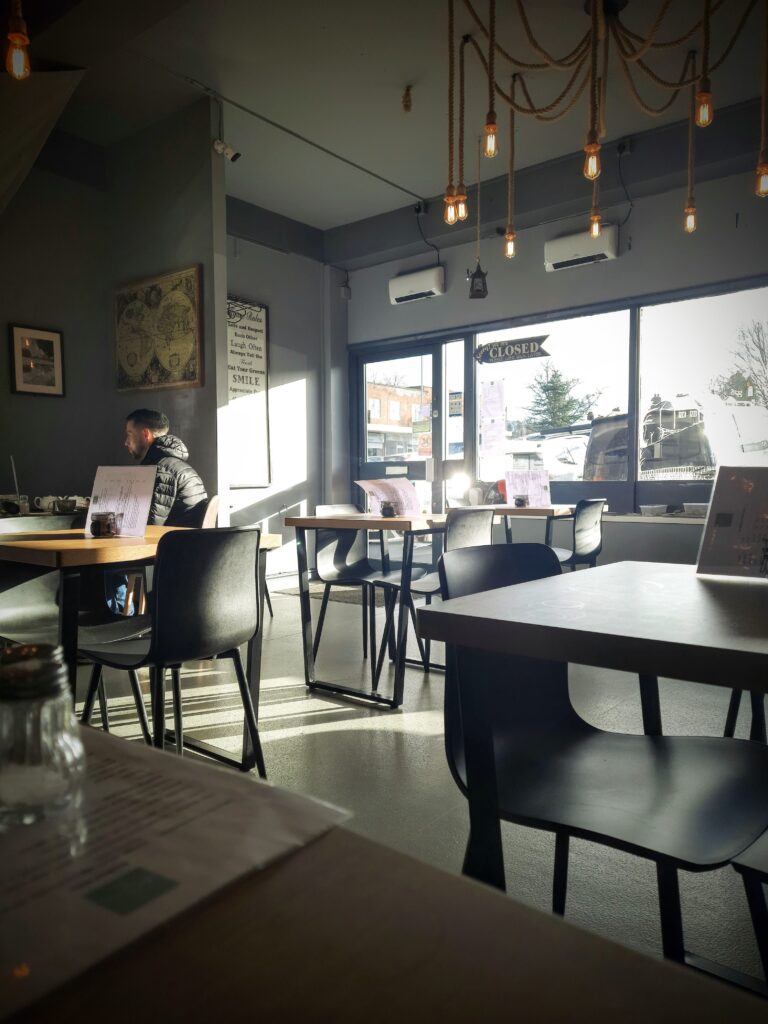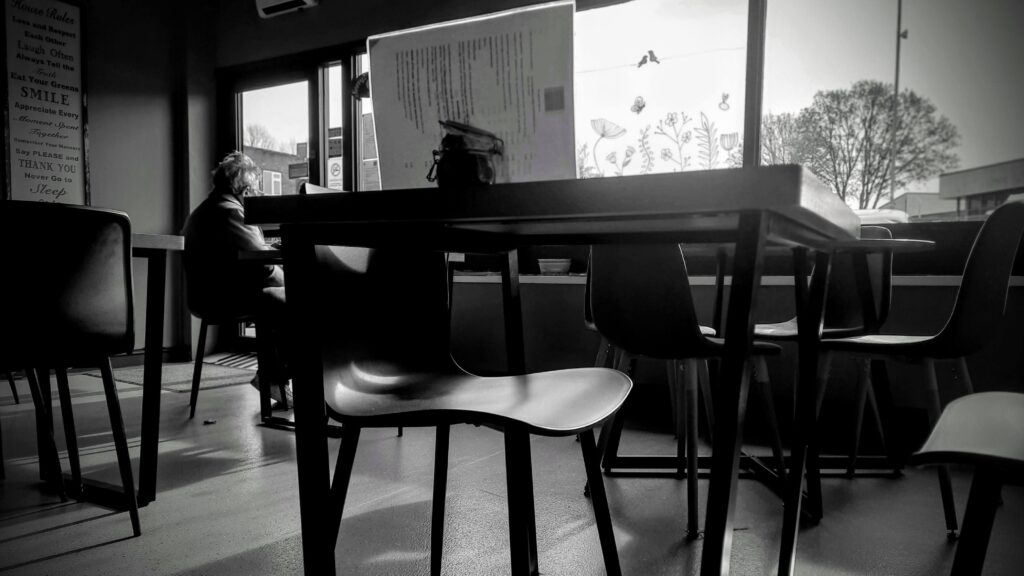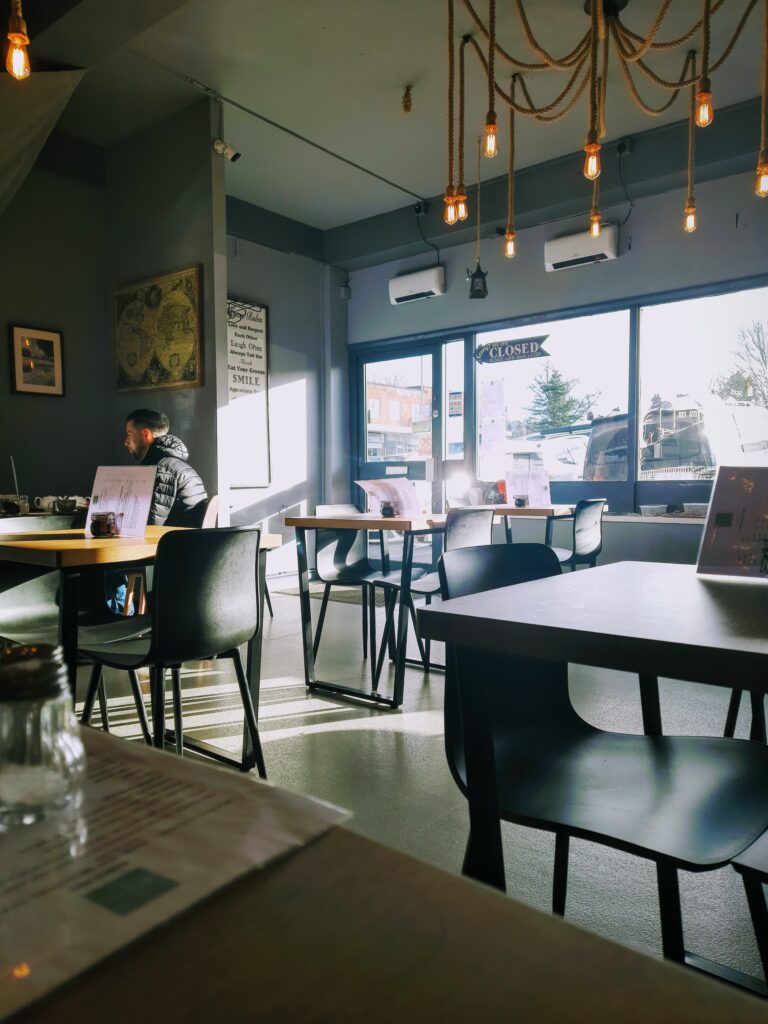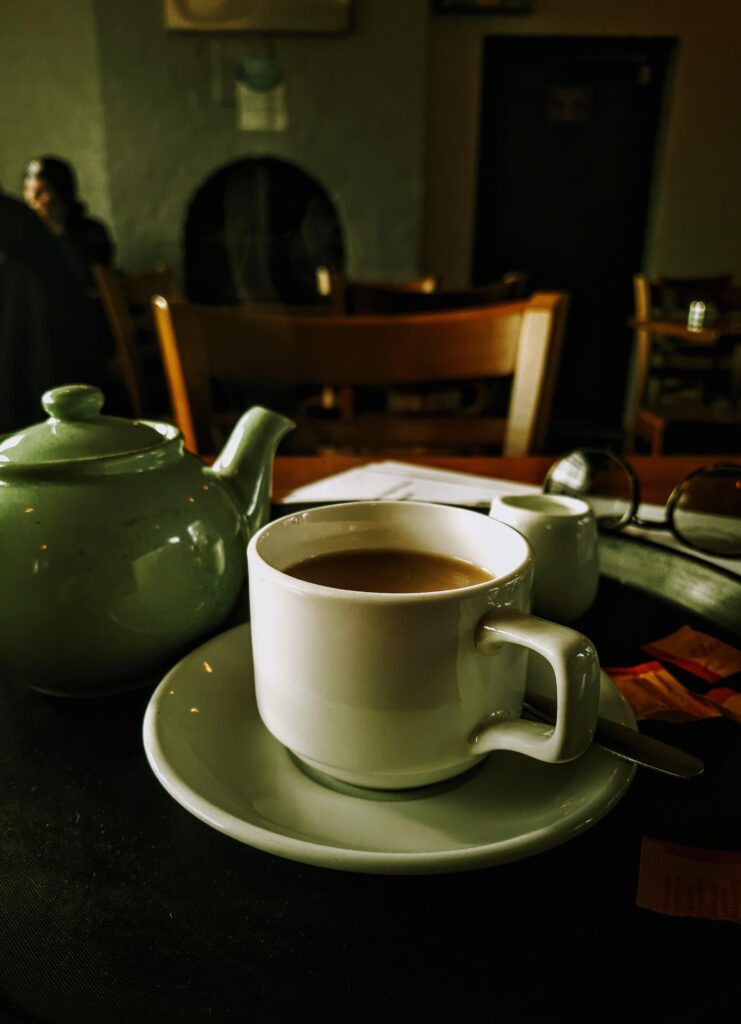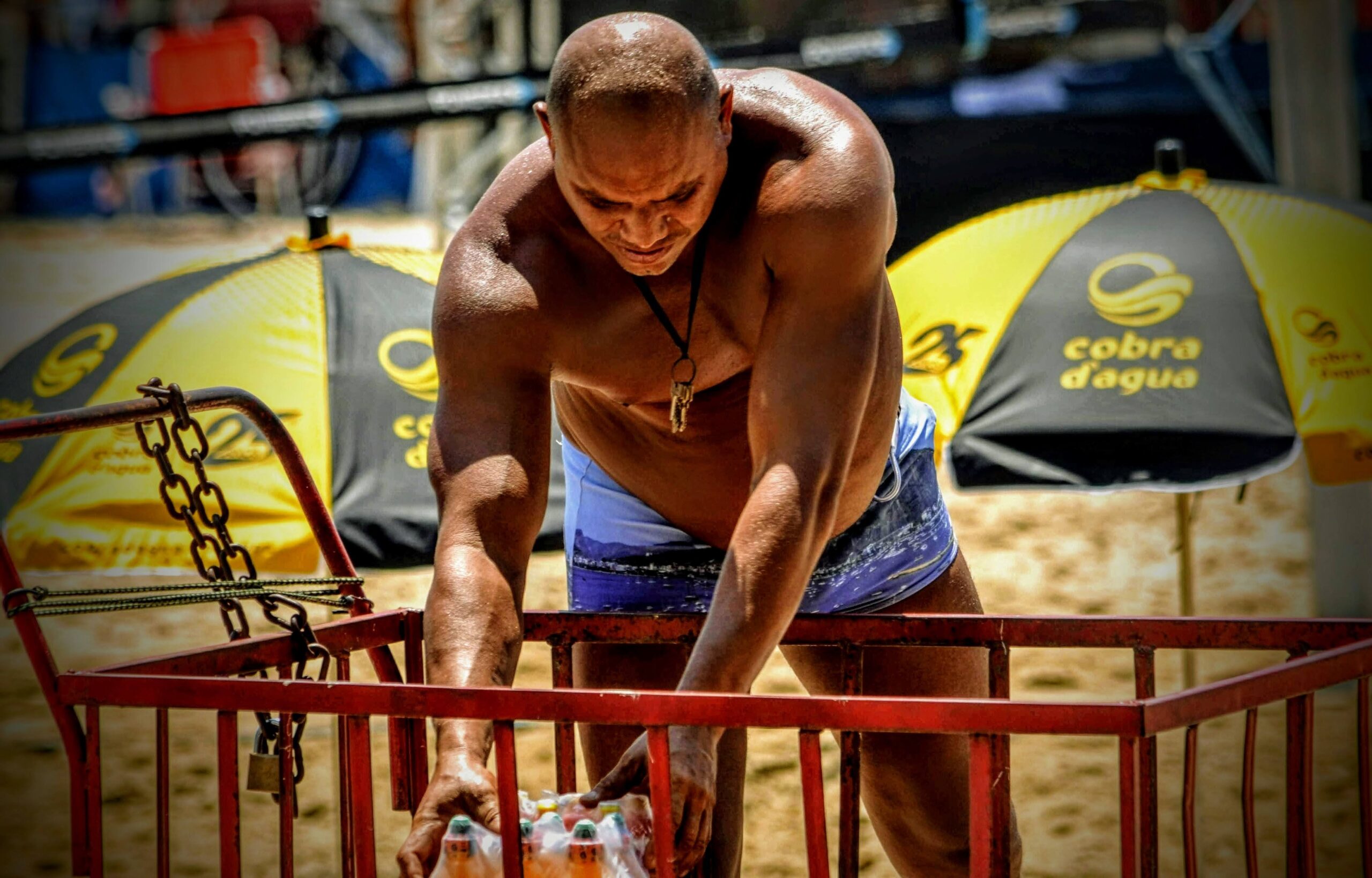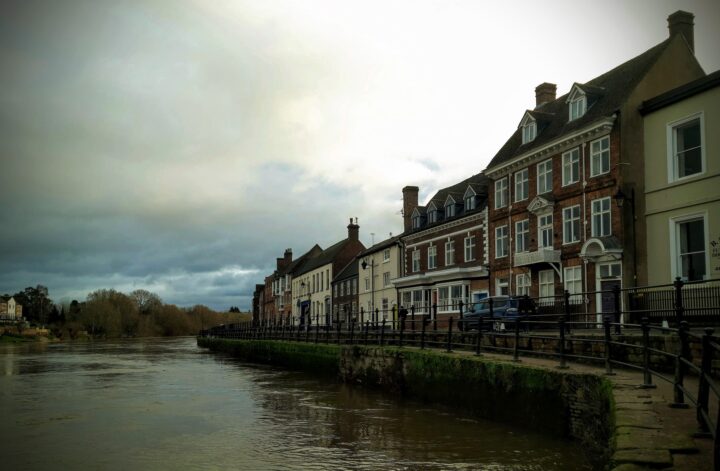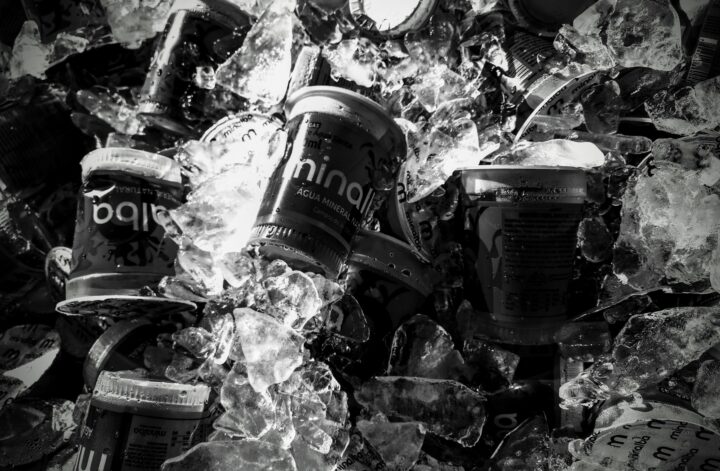Wordsley, Stourbridge, England: 9 degrees, cold, cloudy and rainy.
Friday has been a typical day, except that Julie gave me a lift into the local village.
I got up, did a heavy workout, had some coffee and gave my first class at 11 a.m. English time. I then got ready to go out. I needed to buy some groceries, but first, I wanted to go to the cafe, as I had not been there all week. I also wanted to see Julie and, if she was going home, she could give me a lift after her shift.
I arrived at the cafe, and it was heaving with people; all the tables were taken. Jim, the owner, came to compliment me, wanting to apologise for not having a table inside. I said it was not a problem, not to be sorry, and went out to leave my things on an outside table.
When I came back in to buy a coffee at the counter, a guy volunteered to give up his table to me as he was leaving. It was a nice act; he could have waited until I was set up outside, and maybe I would have lost his table, but no, he gave it up, and I thanked him for his kindness.
It reminds me of a similar gesture of kindness I had received when I was living in Rocha, an ugly neighbourhood in the north zone of Rio. The neighbourhood is principally divided by two main streets and a crossroads. At this junction, there is the main supermarket of the region.
Rocha is a shithole by English standards, but the supermarket inside is impeccably clean and well-organised; it is as if it were an island in the midst of a mess. I loved going there at least twice a week. Everything is fresh, clean, and well-organised, with no foul odours or smells that irritate the nose, unlike some of the carioca supermarkets of the past.
This was in the middle of the covid period, I had chosen two or three things that I wanted to buy to take home and I was minding my own business in the queue, waiting for my turn when a large man in front of me with a trolley load of shopping had noticed that I had only one or two things insisted that I went in front of him, that he would take a long time and I could go in front.
My first reaction was to turn down his act of kindness, but as he was genuinely insistent and I could see the sincerity in his action, I accepted. We talked a little because obviously, such a good deed breaks the ice. I asked him for his name, and I genuinely thanked Mario for his generous kindness, trying to show my sincere gratitude.
So, I ordered my coffee with my now-girlfriend, Julie, the barista at Wordsley Cafe on the Green. She was working hard, but I took the moment to whisper, asking her if she could give me a lift after her shift, and she agreed.
I installed myself on my table with my books, notepads, pens etc and started to write and write and write, it felt good, I was missing going to the cafe, this week had been busy and the confusion between Julie and her colleague on the Wednesday, I thought best to keep out the way, lie low for a couple of days or so.
Jim, the owner, came over to talk a couple of times. He’s a very nice person. The Scots usually are; they like to pride themselves on being better than the English. Perhaps, in some ways, they are; I’m not sure.
The conversations are always good, a mix of English and Scottish black humour, a little rivalry, and I think there is reciprocal respect for each other.
Often, when I write, people become curious and come over to ask what I am writing about. This has broken the ice many times, leading to pleasant conversations and the start of some friendships as well. A lady, probably about 10 years older, approached me to ask what I was writing as she was leaving and putting on her coat. I told her, and she, in turn, shared that she and her friends at the neighbouring table in the café today are members of a poetry club.
How good is that?
I was genuinely impressed, and we ended up talking for a good 15 minutes. Wordsley is traditionally a working-class village and area, surrounded by factories and foundries not too long ago. Now, I’m speaking to a woman who is part of a poetry club from the village – how cool is that?
I don’t know much about poetry, but what I do understand is that poetry relates deeply to life, suffering, hardship, appreciation, and overcoming challenges. The conversation was delightful; she eventually left, and I managed to finish my journaling.
I once watched a short documentary about poetry clubs in the outskirts of large cities, medium-sized towns, and rural areas in Brazil, where the poetry from poor communities served as inspiration and a creative outlet for people observing, while also wanting to express their feelings, thoughts, and the improvements in their lives.
An outlet and a form of art! And now I’m in this beautiful little cafe in Wordsley, where they also see poetry as a form of expression and release.
It was nearly 2:00 p.m. when Julie finished her shift. I went outside to sit on a chair and wait for her. She was surprisingly quick, and we went to her car. She kindly dropped me off in Kingswinford, where I did all my shopping, and I walked back to my mother’s, about 3 miles or 5 kilometres. For me, walking and listening to music is heaven and peace, and the time and distance pass very quickly.
In the afternoon, I resumed my classes and worked until 9:00 p.m. It was too late to go out, and besides, the weather was dreadful. Everyone was talking about a new storm called Catherine that was going to hit England this weekend.
Why do storms have women’s names?
I drank two glasses of wine before going to bed, and everything is good.
Thank you.
Thanks for reading this blog post. Please explore my other posts and share your thoughts in the comments section.
Richard

